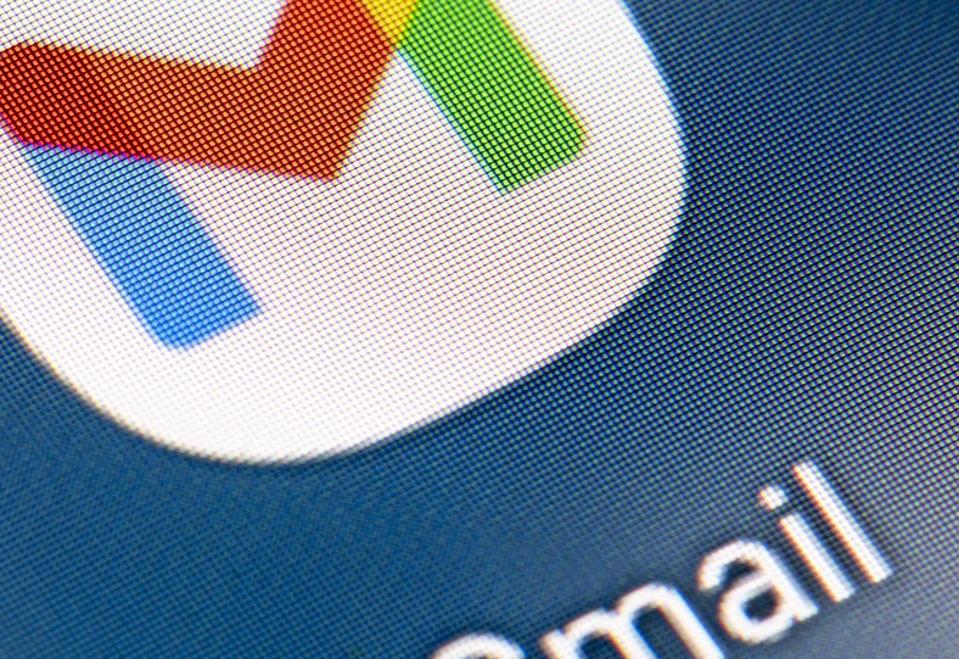Google's recent update to its Gmail app password rules, effective September 30, 2024, represents a significant shift towards enhanced security for users. The primary objective of this update is to phase out the use of less secure applications that rely solely on usernames and passwords for accessing Gmail accounts (Winder, 2024a). This change predominantly impacts Google Workspace customers, who will now be mandated to utilize OAuth authentication methods when connecting through third-party applications. Consequently, users of popular email clients such as Outlook 2016 and Thunderbird must adjust their configurations accordingly.
Google is undertaking a massive shake-up of password security across the board is a surprise, you haven’t been paying attention. From the introduction of passkeys to Chrome web browser users across Windows, macOS, Linux and Android users, to post-quantum cryptography for attack prevention, Google has been hot on security all month. Regarding this specific Gmail password security update, Google has been hot-to-trot for 12 months since giving notice a year ago. To do away with the antiquated sign-in method that is username and password, and so reduce the risk of compromise for Gmail users, Google is requiring all Google Workspace customers to login with a more secure type of access for apps wanting access to Gmail data. That access methodology is OAuth, which you can learn more about in this article warning about the forthcoming changes. The new Gmail app access password rules apply to all Google Workspace accounts, with CalDAV, CardDAV, IMAP, POP and Google Sync no longer supporting a password-based login credential.
In a plea for help posted to Google’s Gmail support forum Sept. 28, one user explained how they had checked their inbox only to discover that all of their emails were missing. The emails were not in the trash, they hadn’t all been moved to spam, archived or sent to a different folder. They had simply vanished. “My other Gmails have not been impacted,” the user said, “I am receiving messages as of a few minutes ago but no history in my inbox?” Obviously, the first things to cross their mind were either a bug of some sort, or that they had been hacked. The latter seemed less likely as they stated they had enabled two-factor authentication for the account; however, the fact that a supplier they used was experiencing a network disruption and had been offline for some days added to the concerns.
Overall, this change should be less controversial than other Google changes we’ve seen, like all of the products it’s given up on or the redesigned Gmail interface. But like it or not — there’s no choice about this one, as explained on the FAQ page. Both Workspace admins and users with personal Google accounts will have no control over the “gradual” rollout, which starts today, February 21st, and is scheduled for completion on March 4th, 2024. The only way you might see the old login page after that is if you’re using an older browser.
Read more
Hezbollah leader's assassination intensifies conflict with Israel Chappell Roan withdraws from festival following backlash over election commentsSarah H
Also on site :
- Kevin Spacey Returns to Spotlight, Accepts Lifetime Award in Cannes
- Study Finds: Simple Habits May Lower Risk of Second Heart Attack
- New Bacterial Strain with Surprising Capabilities Found in Space by Chinese Researchers

